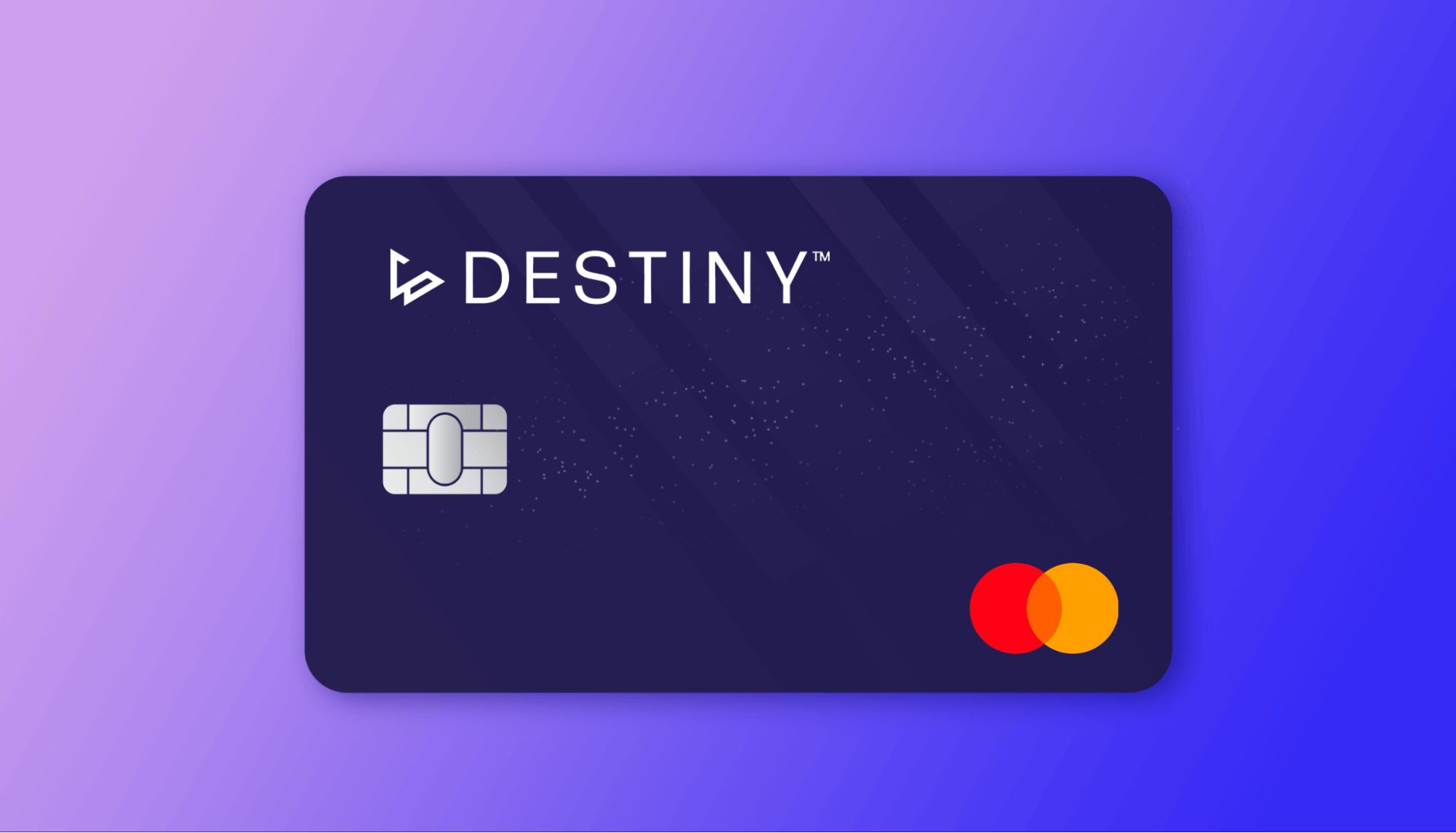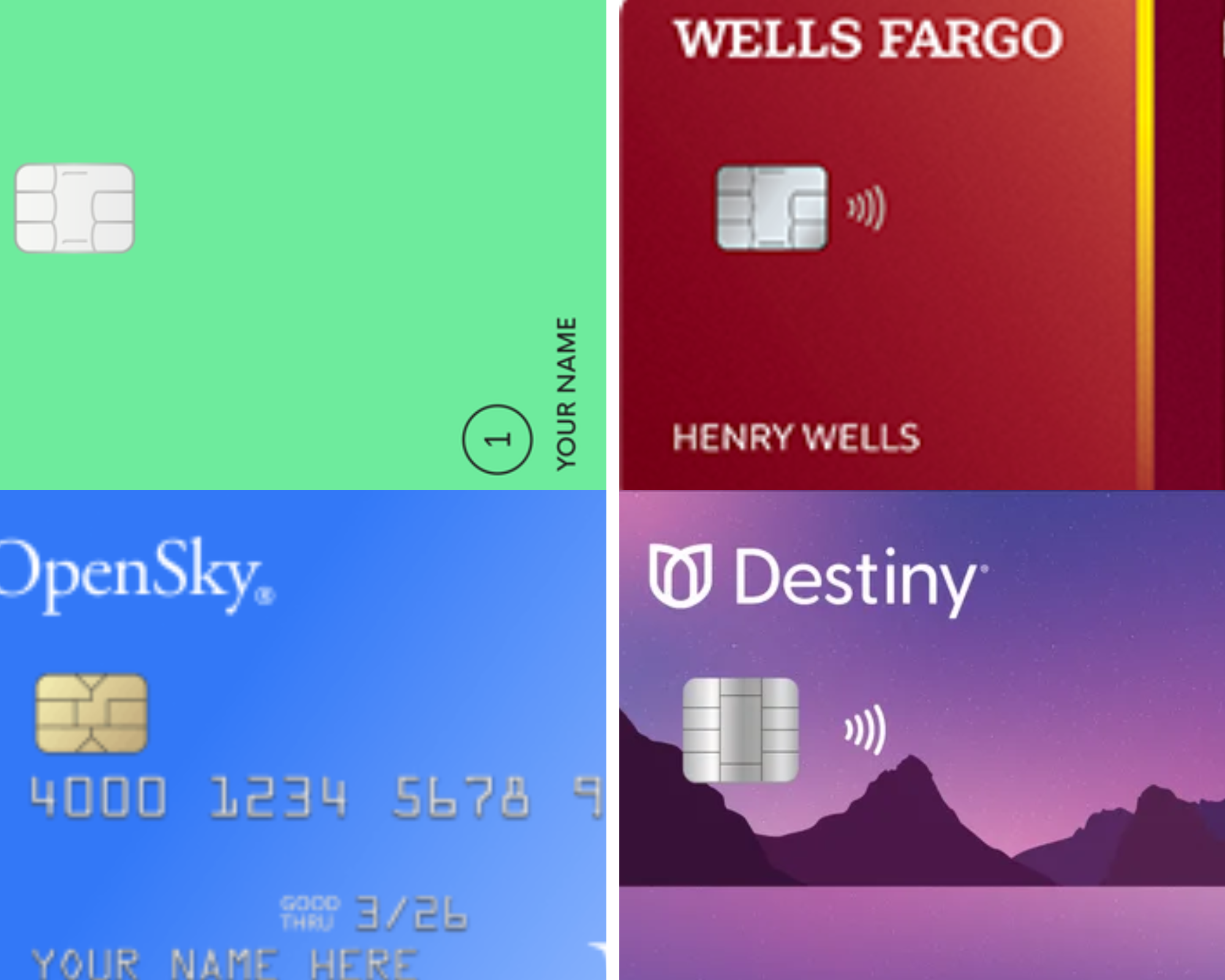Ads
Generation Z, often referred to as the “unborn leaders,” is facing a unique challenge in today’s workforce. They are the generation that values quality of life and meaningful experiences over traditional career advancement. This shift in priorities has led to a significant decrease in the number of individuals willing to take on leadership roles in the workplace. According to a recent study by Visier, 91% of independent workers do not want to become people managers due to stress/pressure or job satisfaction. This trend is particularly evident among Generation Z workers, who prioritize family, health, and personal interests over climbing the corporate ladder.
The changing landscape of priorities in today’s society is a result of the pandemic, which forced individuals to reevaluate their goals and aspirations. The new generation reflects these shifts in the job market trends, placing a higher value on work-life balance and overall well-being. As a result, many Gen Z professionals are hesitant to take on leadership roles that come with a heavy workload and numerous responsibilities.
Luciana Carvalho, CEO of Chiefs.Group, emphasizes that while Generation Z may shy away from traditional leadership roles, it does not mean they dislike work altogether. Instead, they value meaningful experiences, flexibility, and a healthy workplace environment. The desire for work-life balance is a driving force behind Generation Z’s reluctance to pursue leadership positions, as they prioritize personal fulfillment and happiness above career advancement.
One of the biggest challenges facing Generation Z is their lack of confidence in their leadership abilities. The Visier study reveals that 55% of Generation Z respondents want to become people managers but feel unsure about their capabilities in this role. This insecurity may hold them back from pursuing leadership opportunities and contribute to the growing “leadership gap” in the job market.
The evolving workforce dynamics present a dilemma for employers and organizations seeking to cultivate the next generation of leaders. Young professionals, particularly those from Generation Z, value flexibility and work-life balance above all else. They are less likely to prioritize career advancement over personal well-being and fulfillment. As a result, companies must adapt their leadership development strategies to accommodate the changing priorities and values of the new generation entering the workforce.
According to Daniela Diniz, director of content and IR at Ecossistema Great People & Great Place to Work, young leaders place a high value on flexibility in the workplace. This preference for autonomy and work-life balance is a defining characteristic of Generation Z, who are entering the job market at a time of unprecedented change and uncertainty.
The YouGov Global Profiles survey highlights the differences in job dedication and career aspirations among different age groups. Latin American Generation Z individuals are more likely to prioritize personal time and work-life balance over career advancement compared to older generations. This shift in priorities reflects the changing attitudes towards work and success among younger professionals.
David Eastman, general director of YouGov Latin America, notes that Latinx Generation Z individuals are less likely to love their jobs compared to older age groups. This lack of job dedication may be attributed to their focus on personal goals and well-being rather than traditional career advancement. As the next generation of leaders, Generation Z individuals bring a fresh perspective to the workforce, placing a higher value on work-life balance and personal fulfillment.
In conclusion, the changing priorities and values of Generation Z professionals pose a challenge to traditional leadership development strategies. Companies must adapt to accommodate the new generation’s desire for work-life balance and meaningful experiences. As the “unborn leaders” of tomorrow, Generation Z individuals represent a unique and diverse cohort that brings fresh perspectives and priorities to the workplace. It is essential for organizations to recognize and support the evolving needs of this generation to bridge the “leadership gap” and cultivate the next generation of leaders.







